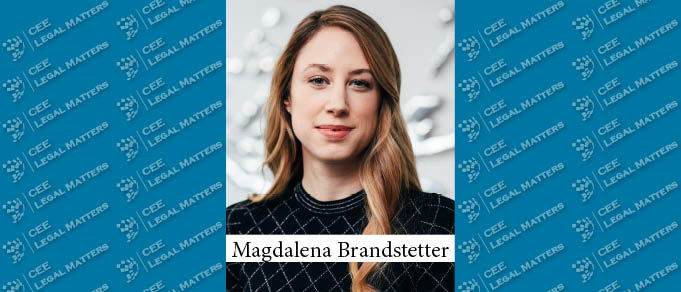The Austrian real estate market remains vibrant throughout the country, despite growing construction and energy prices, according to Dorda Partner Magdalena Brandstetter.
"In Austria, the market is quite vibrant at the moment," Brandstetter says. "This applies not only to Vienna but to other cities such as Linz and Graz," especially in light of the fact that "it is not that easy to find projects for real estate developers in Vienna," she adds.
In addition to that, Brandstetter points out that Austria is facing some troubles regarding the increase in construction and energy prices. "Recently, these prices have spiked significantly. At the moment, if the parties have not concluded a general contract, it is hardly possible to negotiate a lump-sum deal, as meeting the agreed terms is a major challenge." This, according to her, "is largely related to the fact that a lot of construction materials are located in Eastern Europe." However, she notes that this issue became relevant in the last few weeks and its ramifications are not yet clear. "What we hear from real estate developers is that transactional activities remain high as usual, however, general agreements are concluded without a lump-sum fee. Sadly, we do not expect that the situation will be stabilized in the near future, as the country is still facing pandemic and war-related challenges," she notes.
In terms of legislation, Brandstetter says that the ESG topic remains active. "The EU’s Taxonomy Regulation, establishing a list of environmentally sustainable economic activities, is still being implemented," she explains. "The legal sector is still dealing with understanding the next steps." According to her, "the scope and requirements of the EU regulation are a bit unclear and law firms are seeking other countries’ best practices to assess what has to be done in the coming years. For example, requirements for the level of energy efficiency of buildings are unclear and hard to implement." Brandstetter explains, "that in many EU countries, renting out buildings that do not fulfill this requirement is not allowed though, in some, in order to meet the relevant requirements, landlords simply install new windows in the building," noting that when it comes to Vienna, the same is hard to be achieved, as there are many old buildings that are difficult to upgrade to align with the requirements. "We hope that some clarifications will be provided going forward," she concludes.















